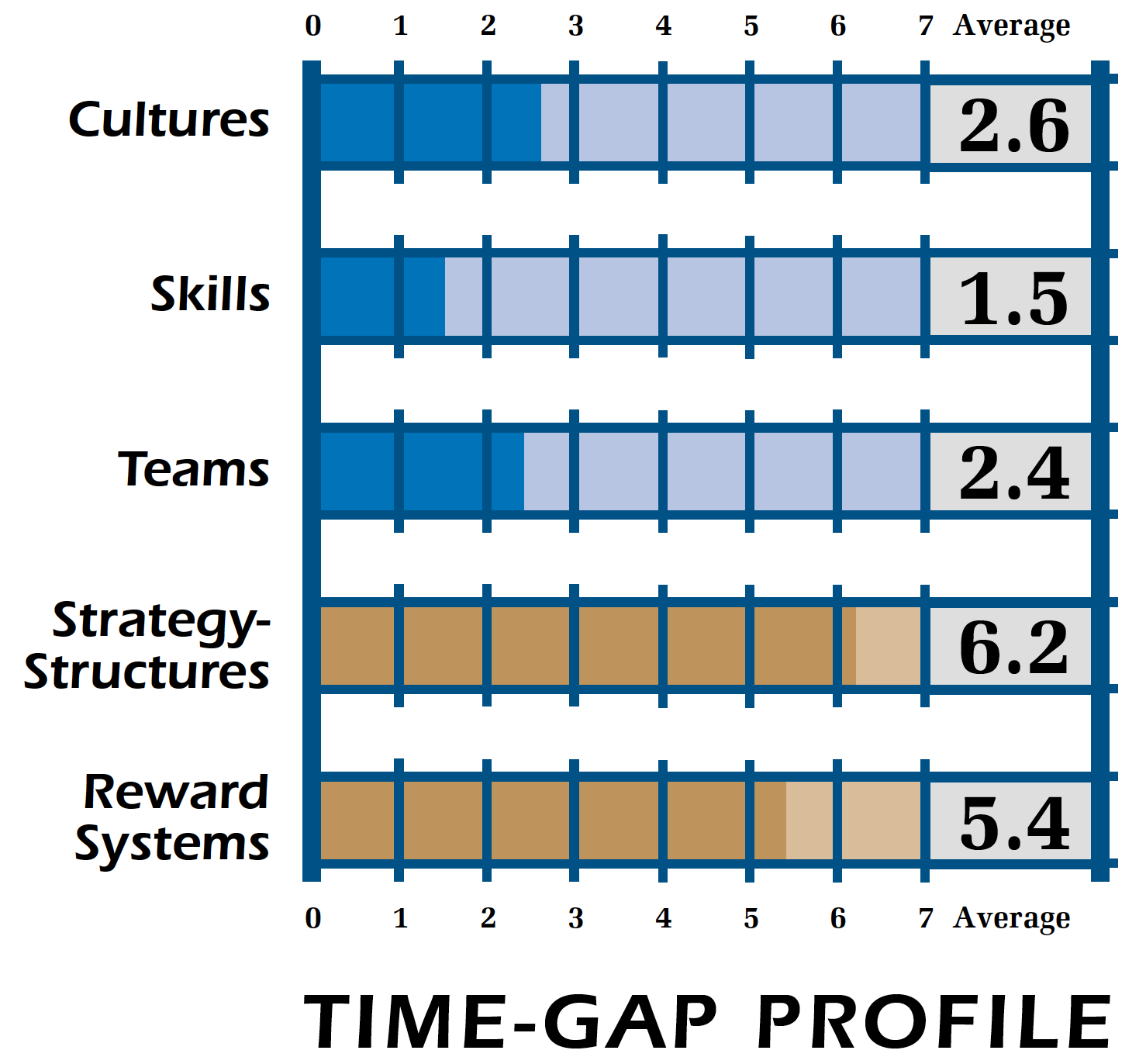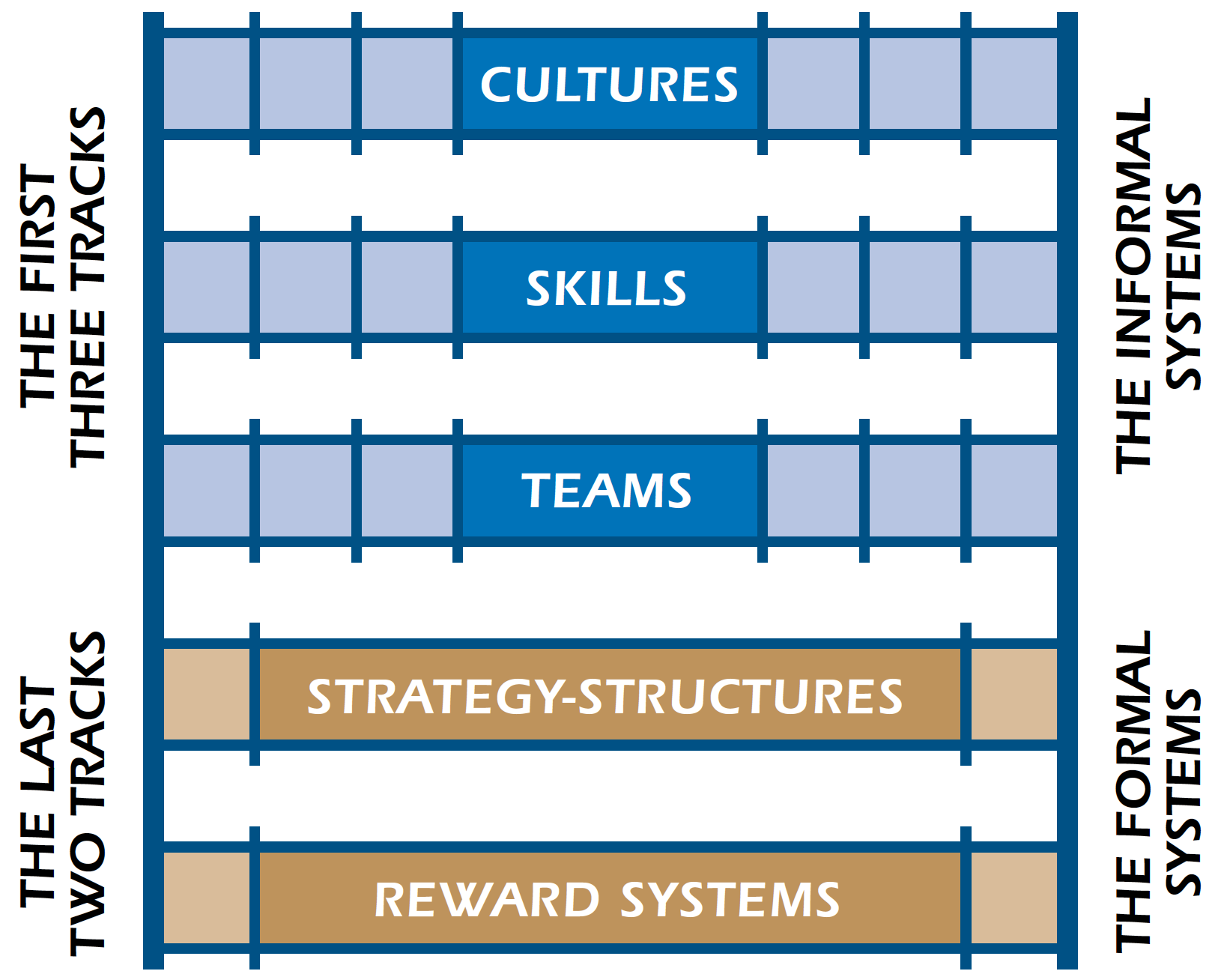
About this Survey
This survey pinpoints five key areas in your work life in which you might not be making the best use of your time. The results then suggest how you can reallocate the time your spend on tasks and activities in order to achieve your group’s or organization’s goals.
Click here to see: Sample Results and Interpretive Materials.
ASSESSING HOW YOU
MANAGE YOUR TIME


The most limited resource in the universe is time: Without it, nothing can be done or accomplished. Even though everyone is given the same amount of time every day, people use it differently. Have you ever heard people say, “I worked very hard today, but I have nothing to show for it! Where did the time go?” In a fast-paced competitive world, making better use of time is mandatory for survival and success—what has been called “Doing more with less.”
This survey is designed to pinpoint the areas in your work life in which you might not be making the best use of your time. While there are many things (and people) that take your time, this instrument presents 35 key aspects of organizational life that have an impact on performance and morale. Once you have responded to the 35 items in this survey, you will be able to score and plot your time-gaps: those specific areas in which you should change the amount of time you spend on tasks and activities in order to increase your contribution to your organization’s goals.
This survey identifies five areas, or tracks, which can divert people’s time:
1. Cultures: Do you spend time fostering an adaptive culture, responding quickly to requests from other departments, and encouraging others to forgive past wrongdoings by moving forward with a clean slate? Or do you, deliberately or not, spend time promoting additional mistrust across departments, conveying doom-and-gloom attitudes, and bearing grudges?
2. Skills: Do you spend time working to clarify your job priorities, planning your work day, and sticking to the most important tasks until you have completed them? Or do you, deliberately or not, spend time working on the wrong priorities, switching from task to task without bringing any job to completion, and saving the important work for another day?
3. Teams: Do you spend time sharing your knowledge and expertise with members of your group (including your boss), encouraging teamwork, and fostering effective problem-solving efforts? Or do you, deliberately or not, spend time keeping your good ideas to yourself, preventing the quieter members from entering into the discussion, and publicly agreeing with group decisions even though you really disagree?
4. Strategy-Structures: Do you spend time seeking to clarify organizational goals, objectives, and procedures with your boss before you pursue your daily work? Or do you, deliberately or not, spend time working on the same old things in the same old way without refocusing your priorities—even though organizational goals and objectives may be shifting?
5. Reward Systems: Do you spend time seeking to learn what criteria will be used to review your performance, how the review system works, and what you can do in the interim to improve your performance? Or do you, deliberately or not, spend time complaining about the reward system—neither trying to understand it nor improve it?
Knowing the specific areas—tracks—in which time is being diverted from fully contributing to the organization’s goals (either as individuals or in work units), we can focus attention on how time can be reallocated—from spending the wrong time on the wrong tasks or the wrong time on the right tasks to the right time on the right tasks. Such a reallocation of time will ensure that all individuals and work units are doing the right things in the right way.
It should be readily apparent that working without a clear understanding of organizational goals and objectives will severely limit the contribution of members, no matter how well the first three tracks (representing the informal systems) are being managed. And no matter how well the last two tracks are addressed (the formal systems), ineffective Cultures, Skills, and Teams will obstruct the talent and energy of the membership. Only by maintaining insignificant time-gaps in each of the five tracks can all individuals and work units fully contribute to the long-term success of their organization.
Purchase the
Paper Booklet
The price of the 32-page Time-Gap Survey is $19.95 per person. It takes only twenty minutes to complete and another ten minutes or so to graph the Time-Gap Profile of a work group of five to fifteen members. Graphs are also provided to display the Time-Gap Profiles of departments and the entire organization.
DISCOVER THE FULL
POTENTIAL OF THE
TIME-GAP SURVEY
During our 4-hour online course, you’ll learn how to interpret Time-Gap Profiles, which will allow group members to become more aware of how they have been allocating their time on tasks and activities (mostly unconsciously). But after discussing their time-gap results, members can determine how to spend the right amount of time on the right tasks according to the right objectives.





